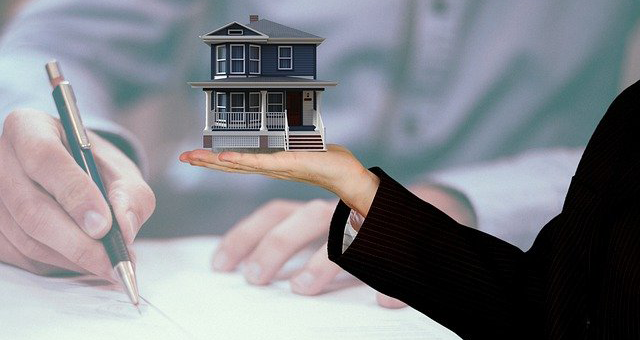
Refinance And Loan Modification: Which Is The Best Mortgage Relief Option For You?
A Survey by the Consumer Finances in 2019 revealed that about 30% of homeowners do not have assets of even a minimum of $14,000 to cover up for any drop in their income. Now with the COVID-19 pandemic and its undeniable impact on finances, many Americans are struggling to be on top of their payments. This struggle and the record low-interest rates have led many people to consider refinancing their homes or applying for a loan modification. Both these options lower your monthly payments. But, the question is which best suits your goals and financial situation?
Let us take a look at their similarities and requirements to help you decide on which is the best option for you.
Similarities And Differences
Loan modification and refinance may seem similar but there are many important differences that you need to know before changing the terms of your home loan.
Both refinancing and loan modification is designed to lower the homeowners’ monthly mortgage payments. Mortgage lenders reduce homeowners’ monthly payments by either reducing the interest rate or increasing the loan term.
However, the key difference is that when homeowners refinance their homes they replace their current loan with a new low-interest mortgage whereas with loan modification the terms of your existing mortgage are changed.
Refinancing a mortgage is a permanent solution since you can lock a lower interest rate for the life of your loan. Loan modification on the other hand may offer only temporary relief as the modified mortgage often gradually increases to a set maximum rate. You need to ask your lender what the set maximum interest rate will be before you decide on a loan modification.
Requirements
To qualify for a refinance you need a good credit score and provide proof of your income. However, you do require any minimum credit score or income to qualify for a loan modification. But, it may negatively affect your credit score.
Unlike refinancing, you need not be current with your home loan payments for a loan modification. However, you need to write an application giving details of your financial strain and the need for a lower monthly payment. Also, your mortgage payment should not be more than 31% of your gross monthly income.
Which Is The Best Option For You?
Choosing between a loan modification and a refinance can be tricky and depends on your financial circumstances. A loan modification is best if you are enduring a major financial hardship or are far too underwater to qualify for a traditional refinance. Whereas refinance is best for homeowners who have some equity in their home, stronger finances, and plan to stay in their homes beyond the break even point.
Bottom Line
There are options out there to take advantage of the current low-interest rates and lower your monthly payments. But, it is important that you do a little research and consult a professional to get advice on the best way to achieve your financial goals.
For more information and advice about the possibility of either option contact our expert today at (877) 877 7575


